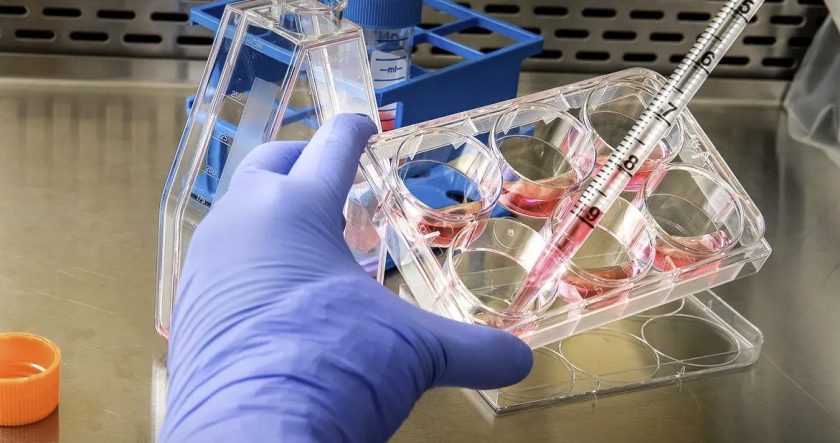Public health officials confirm 7 more Monkeypox cases in Wales

Public health officials have confirmed that seven more Monkeypox cases have been identified in Wales.
It brings the total number of cases in Wales to sixteen.
Monkeypox cases are continuing to rise in the UK, with more than 1,200 confirmed infections as of June 30.
Sue Mably, Consultant in Public Health, for Public Health Wales, said:
“Public Health Wales is today (4 July) confirming that seven additional cases of monkeypox have been identified in Wales. This brings the total in Wales to 16.”
“The cases are being managed appropriately. To protect patient confidentiality, no further details relating to the patients will be disclosed.”
What is monkeypox?
Monkeypox is a rare illness often associated with travel to Central and Western Africa, it is usually a mild illness that does not spread easily between people and usually gets better by itself, with most people recovering within a few weeks.
The most recent cases are presenting predominantly in gay, bisexual, and other men who have sex with men. They have no travel links to a country where monkeypox is endemic, so it is possible they acquired the infection through community transmission.
As the virus spreads through close contact, we are asking these groups to be alert to any unusual rashes or lesions on any part of their body and to contact a sexual health service if they have concerns.
What are the symptoms of monkeypox?
If you get infected with monkeypox, it usually takes between 5 and 21 days for the first symptoms to appear.
The first symptoms of monkeypox include:
- fever
- a headache
- muscle aches
- backache
- swollen glands
- shivering (chills)
- exhaustion
A rash usually appears 1 to 5 days after the appearance of fever, often beginning on the face, then spreading to other parts of the body including the genitals, hands and feet.
The rash changes and goes through different stages, and can look like chickenpox, before finally forming a scab, which later falls off.
The symptoms usually clear up in 2 to 4 weeks.
How is monkeypox spread?
Monkeypox can be spread when a person comes into close contact with a person infected with the virus or contaminated items the infected person has touched.
The virus enters the body through broken skin (even if not visible), respiratory tract, or the mucous membranes (eyes, nose, or mouth).
Person-to-person spread is uncommon, but may occur through:
- Touching clothing, bedding or towels used by an infected person
- Touching monkeypox skin lesions or scabs, particularly if your own skin has sores or cuts
- The coughs or sneezes of an infected person
What should I do if I think I might have monkeypox?
If you think you have monkeypox symptoms – however mild you should:
- Contact NHS 111 or call a sexual health clinic immediately. Your call will be treated sensitively and confidentially.
- Avoid close personal or sexual contact with others until you’ve consulted a medical professional.
Please do not go directly to your GP surgery, contact clinics ahead of your visit and avoid any close contact with others until you have been seen by a clinician.
Your call or discussion will be treated sensitively and confidentially.
Is monkeypox treatable?
Although there are few specific antiviral treatments available for monkeypox, the illness is usually mild and most of those infected will not require treatment and will recover by themselves within a few weeks.
Spotted something? Got a story? Email: [email protected]
Latest News
